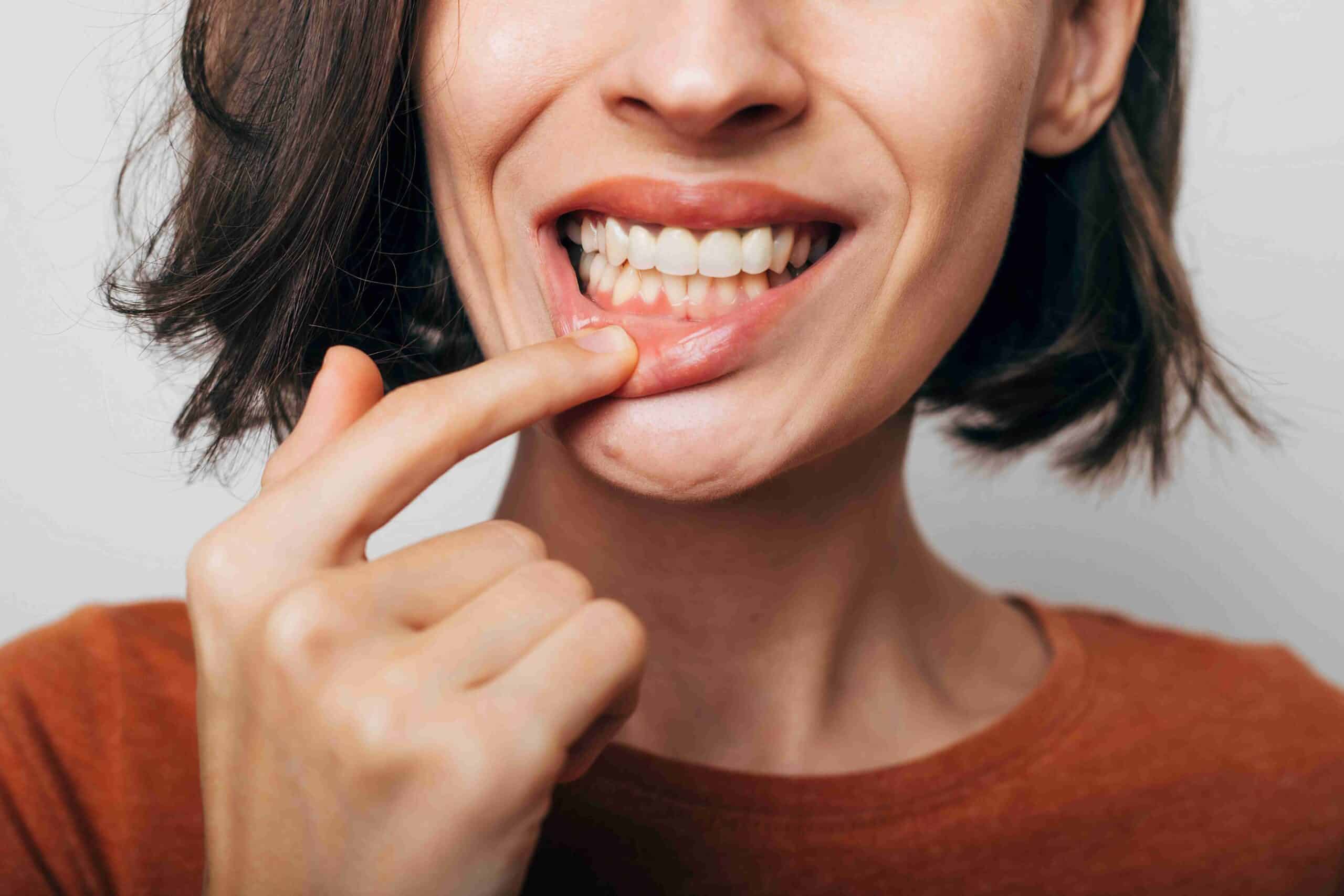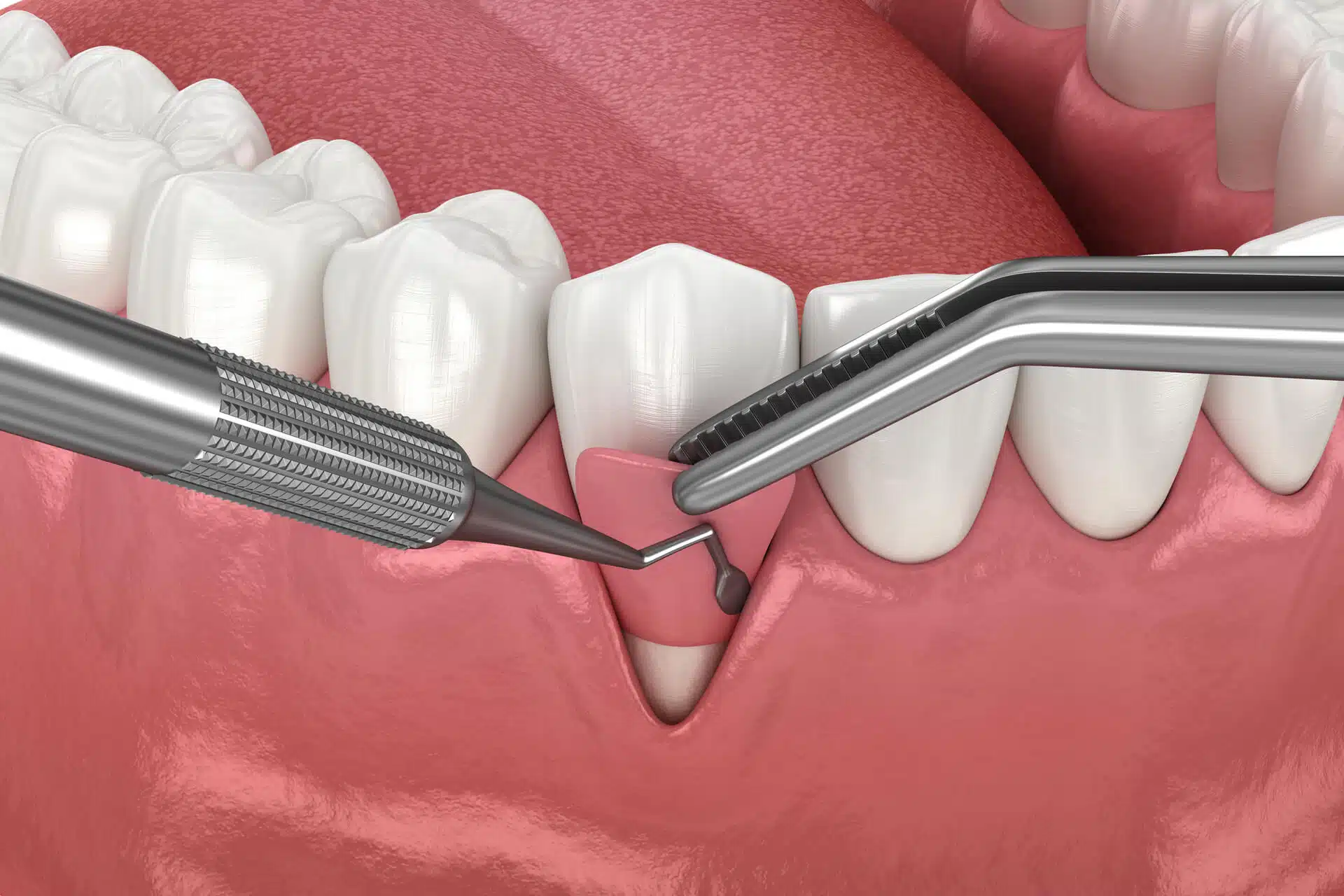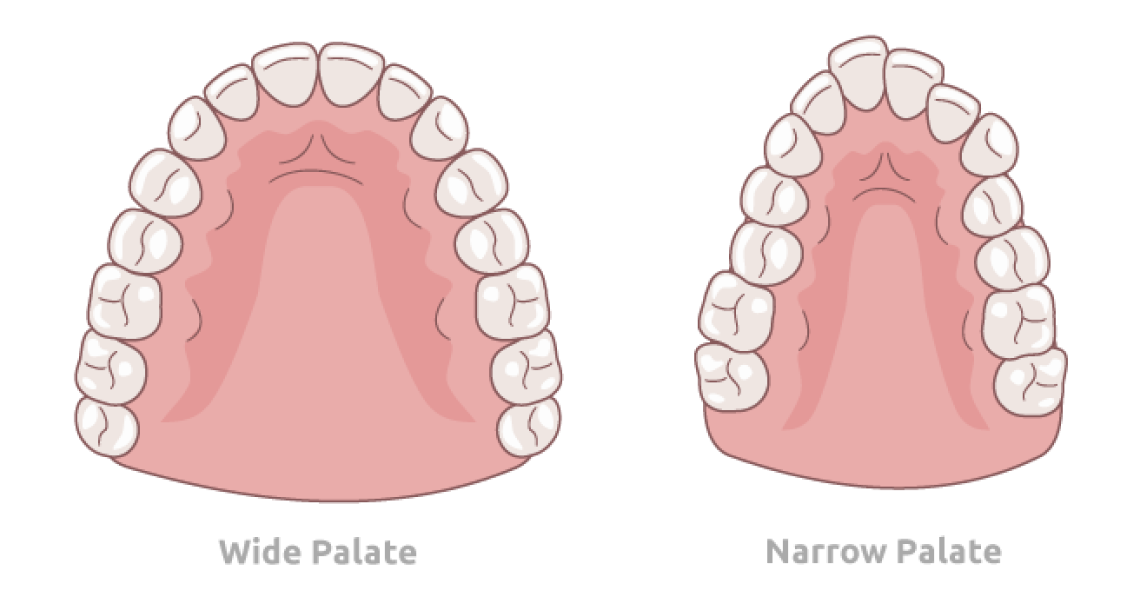Noticing blood on your toothbrush or in the sink can be unsettling. While bleeding gums are common, they’re also a sign your mouth may need attention. Let’s look at the main reasons this happens, what it could mean for your health, and the steps you can take to protect your gums.
1. Plaque Buildup and Gingivitis
The most frequent cause of bleeding gums is plaque, a sticky film of bacteria that collects along the gum line. If plaque isn’t cleared away by brushing and flossing, it can inflame the gums, leading to gingivitis. Early signs include swelling, tenderness, and bleeding. The good news: gingivitis is reversible with proper care. If ignored, however, it can progress into periodontitis, a more serious gum disease that damages both gums and bone.
2. Brushing Too Hard or Using the Wrong Toothbrush
Sometimes the problem isn’t your gums but your technique. A hard-bristled toothbrush or brushing with too much force can damage delicate gum tissue. The Canadian Dental Association recommends using a soft-bristled toothbrush and gentle, circular motions to clean thoroughly without irritating your gums.
3. Adjusting to a New Routine
If you’ve recently started flossing, changed your toothbrush, or switched toothpastes, you may notice a little bleeding at first. This is often temporary, your gums simply need time to adapt. With consistent care, the bleeding should stop within a week or two.
4. Medications, Hormones, and General Health
Not all bleeding is caused by brushing habits. Other factors include:
- Medications, such as blood thinners, that increase bleeding risk.
- Hormonal changes, particularly during pregnancy, which can make gums more sensitive.
- Vitamin deficiencies, especially vitamins C and K, that affect gum healing.
- In rare cases, underlying health conditions like diabetes or blood-clotting disorders.
5. Ill-Fitting Dentures or Appliances
If dentures or dental appliances don’t fit properly, they may rub against the gums, creating irritation and bleeding during brushing or chewing.
6. Gum Recession and Dental Abrasion
Over time, aggressive brushing or abrasive toothpaste can wear away gum tissue, exposing sensitive roots. Receding gums bleed more easily and may also increase tooth sensitivity.
7. When to See Your Dentist
You should book a dental visit if bleeding:
- Lasts more than two weeks despite regular brushing and flossing,
- Occurs alongside swelling, persistent bad breath, pain, or loose teeth, or
- Happens with even minor irritation.
These may signal gum disease or another condition that needs prompt treatment.
8. What You Can Do at Home
- Switch to a soft-bristled toothbrush and brush gently in circles.
- Floss daily, sliding carefully between teeth.
- Be consistent, mild bleeding often improves with regular care.
- Choose non-abrasive toothpaste to protect sensitive areas.
- Stay on top of dental check-ups for professional cleaning and early gum-disease detection.
- Support overall health with balanced nutrition and by managing any underlying conditions.
9. Key Takeaways
- Most common cause: Plaque and gingivitis.
- Other contributors: Over-brushing, new routines, medications, hormonal changes, vitamin deficiencies, gum recession, or ill-fitting appliances.
- What to do: Use gentle techniques, maintain consistent oral hygiene, and see your dentist regularly.
- Red flags: Persistent or worsening bleeding that should never be ignored.
10. Ready for a Healthier Smile?
At Chagger Dental, we provide compassionate, tailored care to keep your gums and teeth in top shape. If you’ve noticed your gums bleeding when brushing, don’t wait. Book an appointment today and let us help you restore your confidence and oral health.





















